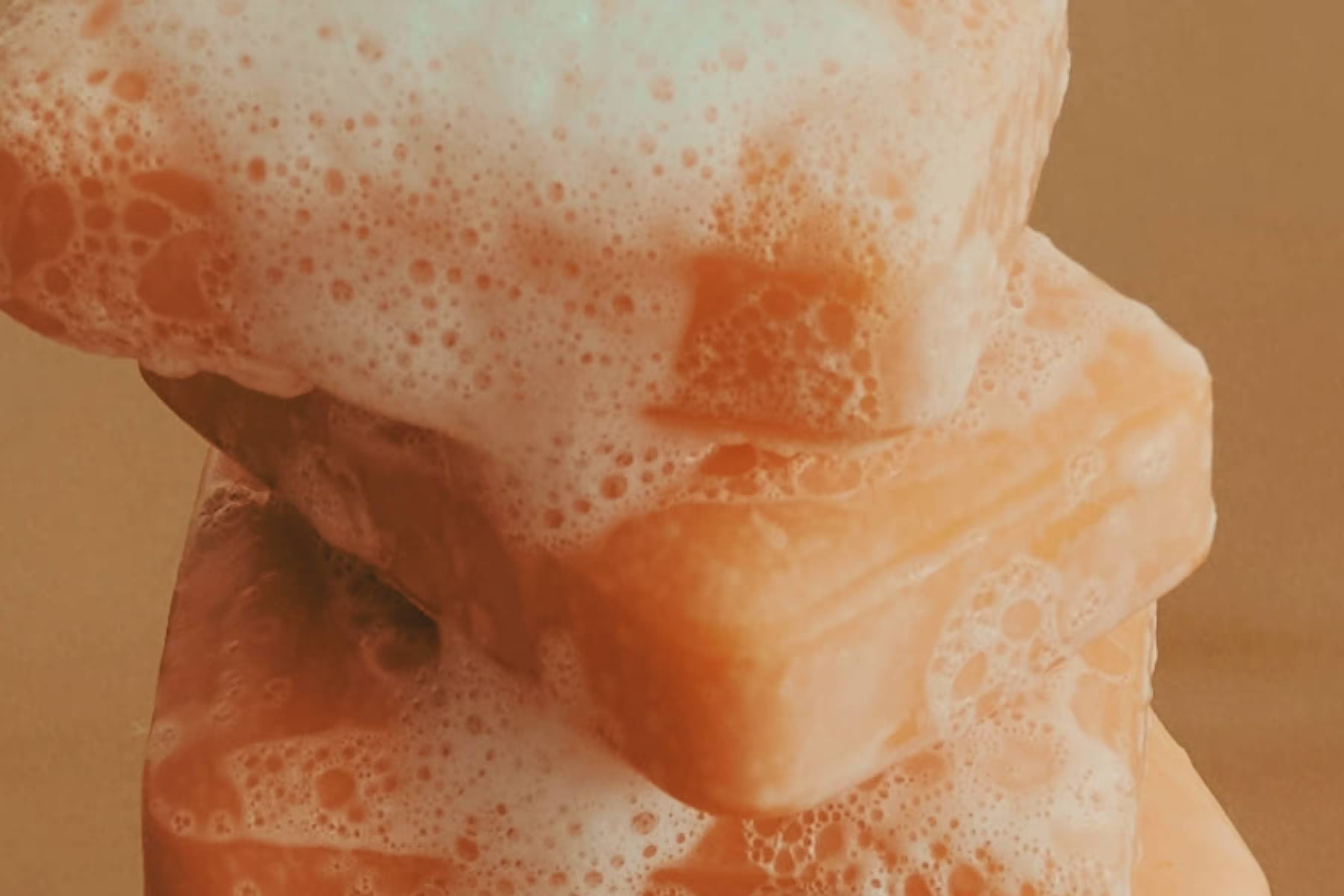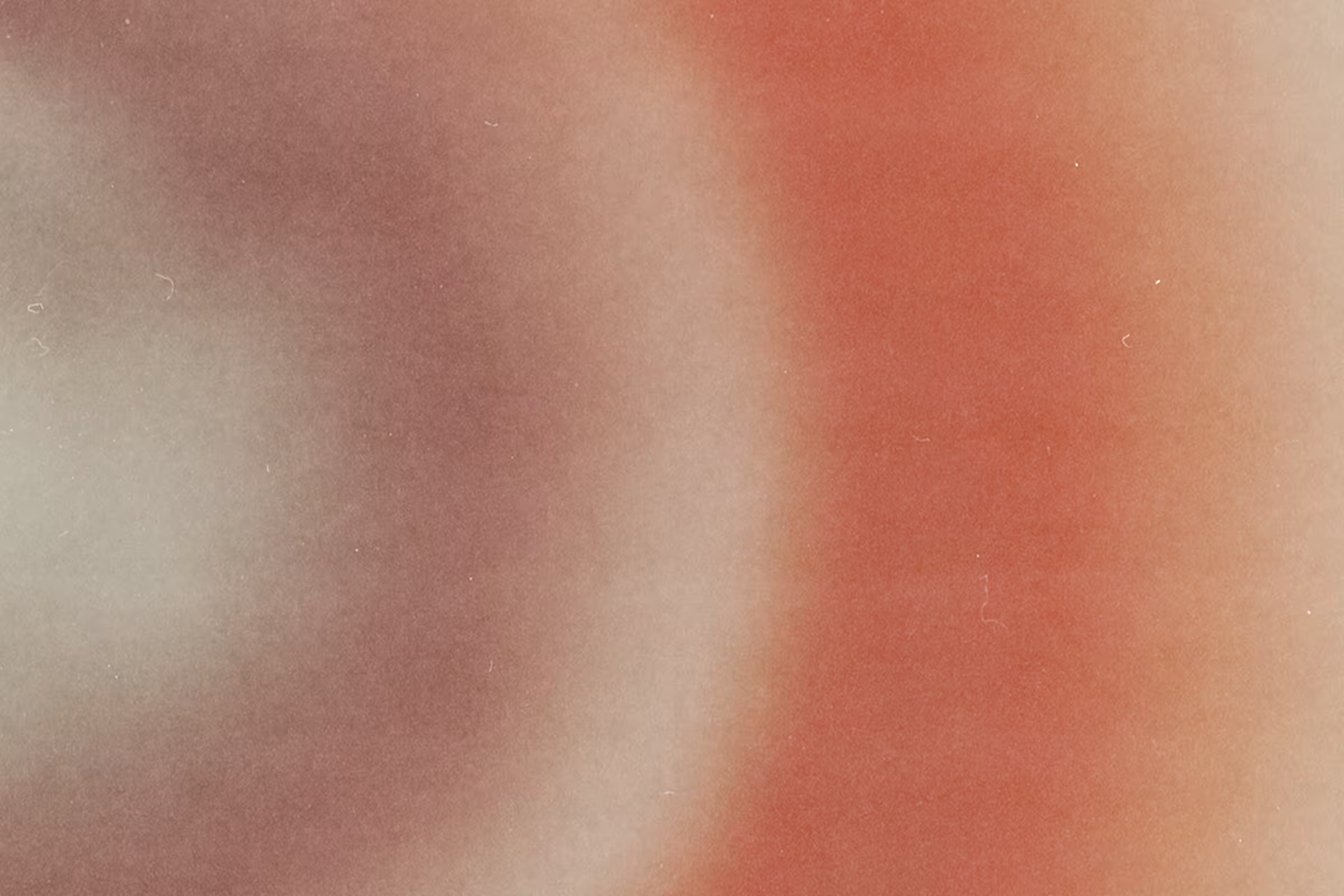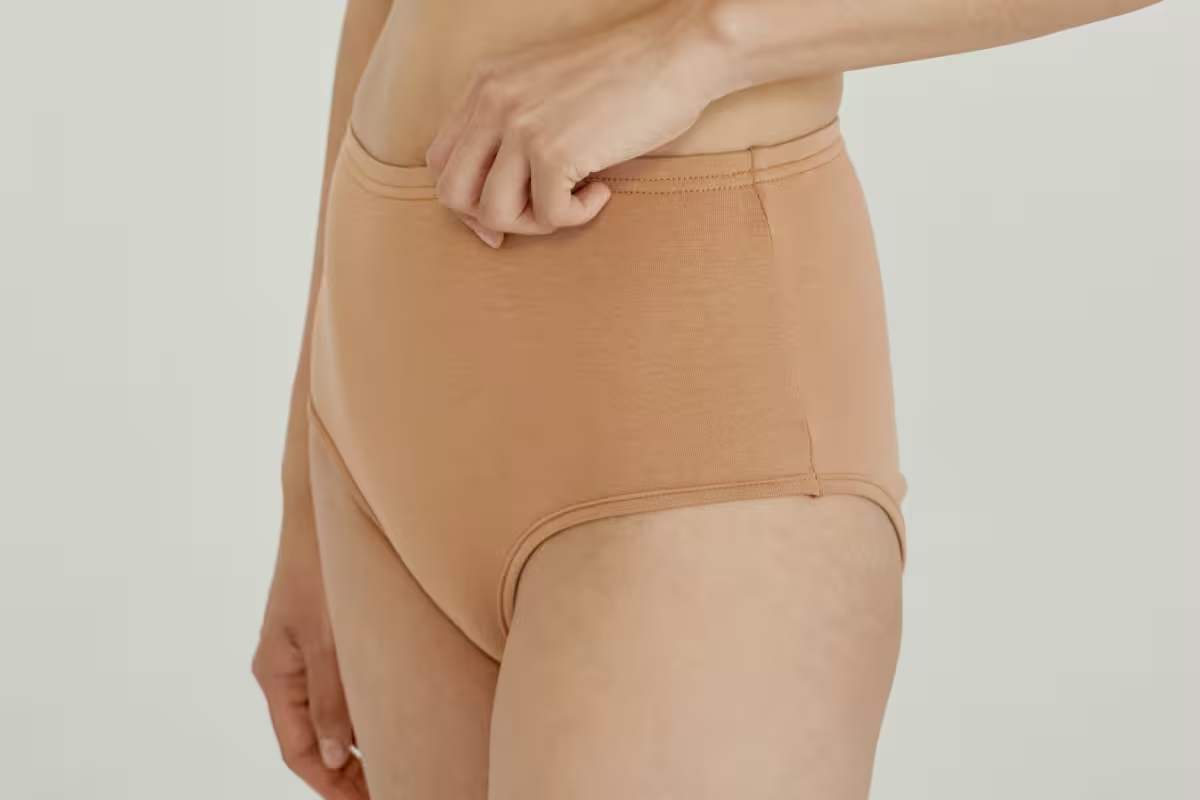

Is Douching Safe? Safer Alternatives
Avoid the risks of douching with safer alternatives for vaginal care. Learn simple hygiene tips and microbiome-friendly practices.
Words by Olivia Cassano
Scientifically edited by Dr. Krystal Thomas-White, PhD
Medically reviewed by Dr. Sameena Rahman, MD
Many of us grew up being told that vaginas are dirty and have to be “cleaned”, which is why so many women think they need to use a vaginal douche. We get it! The idea of douching makes sense on paper. If there are bad bacteria in your vagina, why not just go in there and wash them all out? Like cleaning out a wound before you add a bandage? But is douching safe?
Although it’s done with the best intentions, vaginal douching is ineffective at best and harmful at worst. The vagina is a self-cleaning organ that produces discharge to flush out bad bacteria and dead cells. It’s also home to protective bacteria that dominate the vaginal microbiome — like Lactobacilli — and keep your natural pH balance low to prevent infections.
Vaginal douching can interfere with your vagina’s ability to clean itself, and even put you at higher risk of developing an infection. Keep reading to learn more about why you should ditch the douche, and what to do instead of douching to look after your vaginal health.
What is douching?
Vaginal douching is the process of “cleaning” the vagina by flushing water or another solution inside it. Most douches contain vinegar, baking soda, fragrances, and even iodine.
Many women douche because they think it's a good way to keep their vagina clean or get rid of vaginal odor. Some women also believe that douching after sex can prevent pregnancy or sexually transmitted infections (STIs). We hate to be the bearer of bad news, but douching won't clean your vagina, let alone prevent STIs or act as birth control.
Is douching safe?
Besides being ineffective for the intended purposes of personal hygiene, douching can disrupt your vaginal flora, put you at an increased risk of vaginal dysbiosis, and make you more susceptible to infections.
Over and over again, studies have shown that douching is bad for your vaginal microbiome. It increases the risks of contracting sexually transmitted infections, increases the incidence of bacterial vaginosis (BV), and has even been linked to pelvic inflammatory disease (PID).
Here is the problem with the logic behind douches: your vagina doesn’t need to be cleaned. All that vaginal discharge you get daily is your vagina flushing out all the dead cells and mucus that it no longer needs. So, unlike an open wound, your vagina doesn’t need to be cleansed or sterilized.
It’s an amazing organ with a range of organisms living on it. Douches don’t discriminate between harmful bacteria and healthy bacteria, they will kill everything. It’s kind of like spraying your sidewalks with weedkillers — it kills the weeds for now, but they’re going to grow back eventually.
Douching can also push a pathogen up into the upper reproductive tract, where it can gain a foothold and cause infection. In this way, douching puts women at risk for sexually transmitted diseases (STDs) and PID.
Iodine, vinegar, and acetic acid are strong disinfectants commonly found in vaginal douches. Iodine is commonly used to clean wounds or prepare surgical sites to prevent infections. Vinegar and acetic acid are commonly used in household cleaning products, and vinegar is used for pickling (a practice developed to prevent food from rotting).
So all of these products will kill harmful bacteria along with good bacteria and even the cells of your vaginal wall (the vaginal epithelial cells), which can lead to greater inflammation and irritation. So the thing you’re taking to alleviate your symptoms might very well be making your symptoms worse.
Some douches contain lactic acid, the compound that Lactobacilli make to protect the vagina from other pathogens. But even douching with a lactic acid-based solution is associated with a more diverse microbiome and a greater incidence of yeast infections.
The takeaway? Ditch the douche!

Recurrent symptoms? Get Evvy's at-home vaginal microbiome test, designed by leading OB-GYNs.
What to do instead of douching
The short answer is: nothing. While it might feel like douching helps your vaginal health, it does more harm than good. Douching interferes with the natural balance of bacteria and yeast, increases the risk of infections, and even masks symptoms that need medical attention. Fortunately, there are safer alternatives to douching that support vaginal health without harming your microbiome. Here's what to do instead of douching:
Use pH-balanced cleansers
Stick to mild, unscented, pH-balanced products designed specifically for the external genital area (the vulva, not the inside of the vagina). These products help remove sweat and expelled discharge without stripping away healthy bacteria or irritating sensitive skin. It's best to avoid any feminine hygiene products that contain fragrances or harsh chemicals.
Maintain good intimate hygiene
Gently washing the vulva daily with plain water (and a gentle cleanser if needed) is enough to stay clean. After using the bathroom, always wipe from front to back to prevent unfriendly bacteria from entering the vaginal area. During your period, change pads and tampons within the recommended time frame (usually after four hours) to prevent bacterial build-up.
Support your vaginal microbiome
The vagina is self-cleaning and naturally maintains its own balance of bacteria and yeast. A healthy vaginal microbiome defends against infections like bacterial vaginosis or yeast overgrowth. Instead of disrupting it with douches, focus on supporting your vaginal health. This can include:
- Avoiding unnecessary antibiotics
- Eating a balanced diet with probiotics
- Quitting smoking
- Practicing safe sex.
If you're curious about your own vaginal microbiome health, you may consider a test like the Evvy Vaginal Microbiome Test, which provides insights into the specific bacteria and fungi living in your vagina and how they impact your health.
Wear breathable fabrics
Choosing breathable cotton underwear and loose-fitting clothes doesn’t treat or prevent infections directly, but it helps minimize moisture, sweating, and trapped odors that often tempt you to douche in the first place. Breathable fabrics keep the vaginal area cooler and drier, reducing irritation and making it less likely for odor-causing bacteria to thrive. Also, remember to change out of wet clothing or sweaty underwear as soon as possible, especially after exercising.
See a healthcare provider
If you’re using a vaginal douche to get rid of symptoms like itching, burning, or unusual discharge, those could be signs of underlying conditions. Douching won’t get rid of an infection and might make those symptoms worse. Rather than douching, see your healthcare provider if you have any of these symptoms:
- A fishy or foul odor
- Painful urination
- Burning, itching, or pain in or around the vagina
- Vulvar irritation
- Pain with sex
- Unusual discharge, such as thick and white, cottage cheese-like, or foamy, yellowish-green discharge.
These symptoms can be signs of several different conditions, including yeast infections, bacterial vaginosis, or sexually transmitted infections. The good news is that most of these conditions are treatable with prescription medication. So, if you suspect you have a vaginal infection, see your doctor for diagnosis and treatment. You can also take an Evvy Vaginal Health Test to get a better understanding of your symptoms and get personalized prescription treatment (if eligible).
FAQ
What are the benefits of douching?
There are none. The idea behind vaginal douching is that it cleans the vagina fn “flushes out” any unwanted bacteria or infections. Some also believe it can prevent unwanted pregnancy or sexually transmitted diseases, but there’s no scientific evidence that douching helps with any of this. All the evidence states that douching makes symptoms worse and can lead to more vaginal infections.
Do gynecologists recommend douching?
No, gynecologists don’t recommend vaginal douching. Douching can kill the good bacteria in the vagina and give harmful pathogens a chance to overgrow. Researchers have found that women who douche regularly experience more vaginal irritations and infections, such as bacterial vaginosis and yeast infections.
Is douching with just water ok?
You should avoid douching, even if it’s just water. You should, however, use water to clean your vulva daily.
What are the best alternatives to douching?
The best thing to do is nothing! Let your vagina do its thing. If you're feeling concerned about symptoms like itching, burning, vaginal odor, or unusual vaginal discharge, don't hesitate to reach out to your healthcare provider. They can provide you with the best course of action, whether it's antifungal or antibiotic treatment. It's essential not to self-diagnose and trust the experts to help you out. And if you want to keep a close eye on your vaginal health, try Evvy's Vaginal Health Test. You'll get to know your unique vaginal microbiome, learn why you might be experiencing symptoms, and receive personalized prescription treatment (if eligible).





